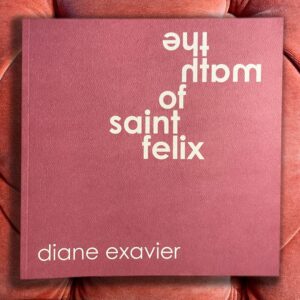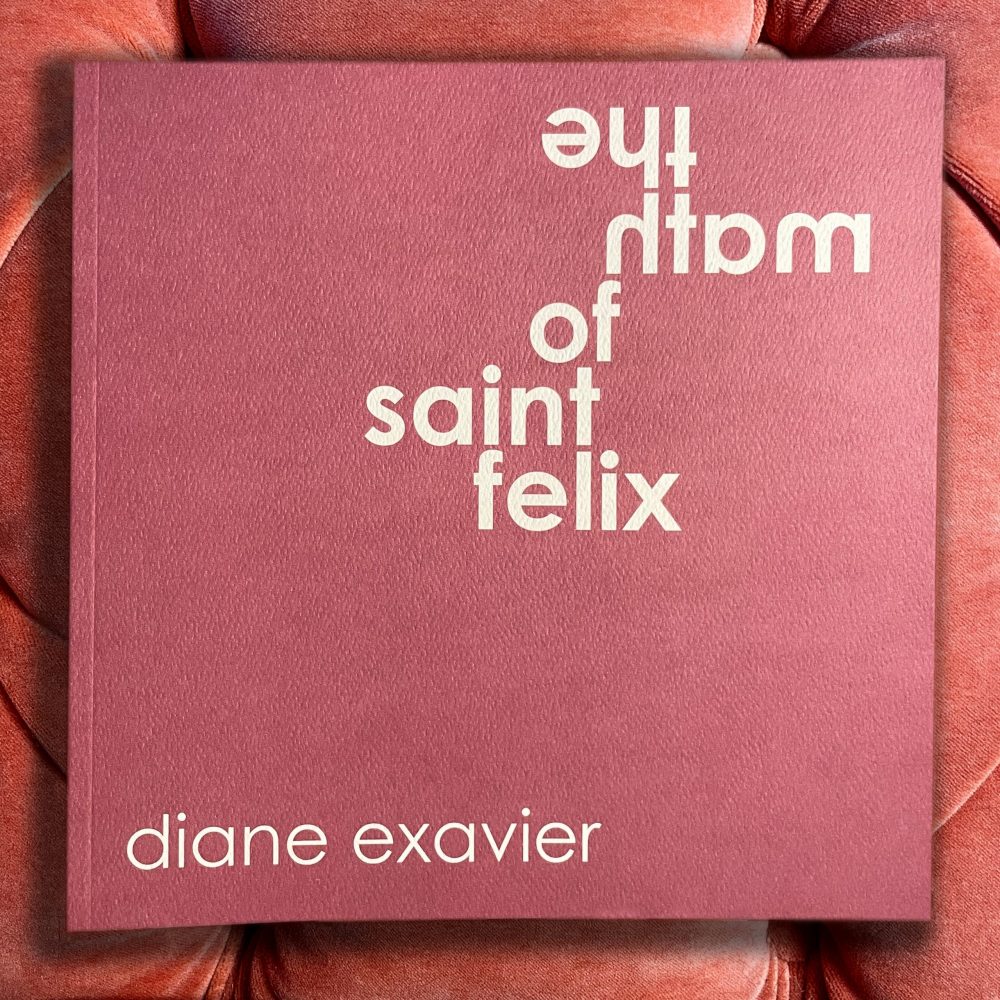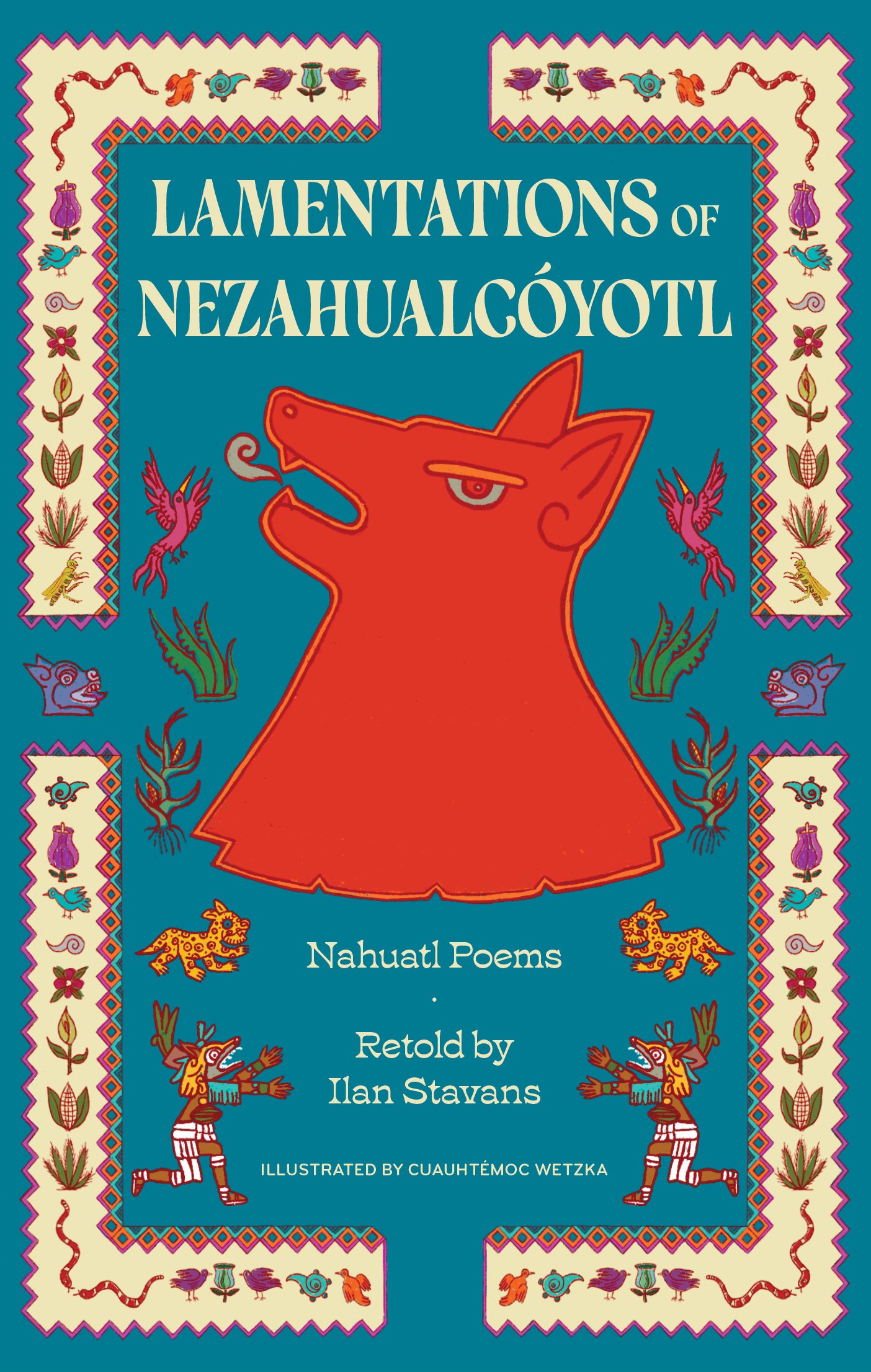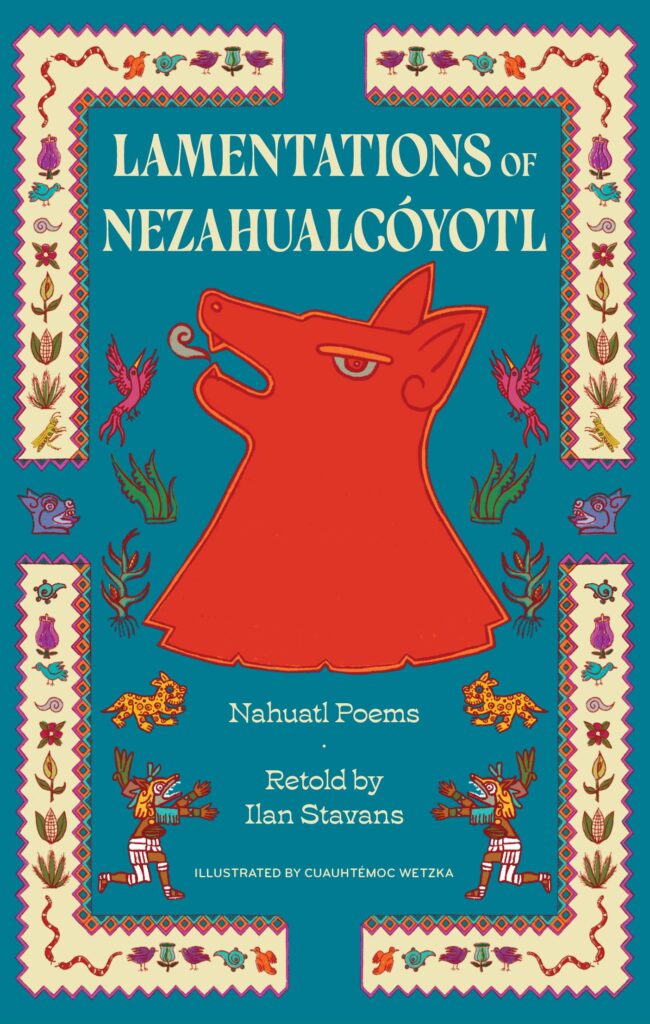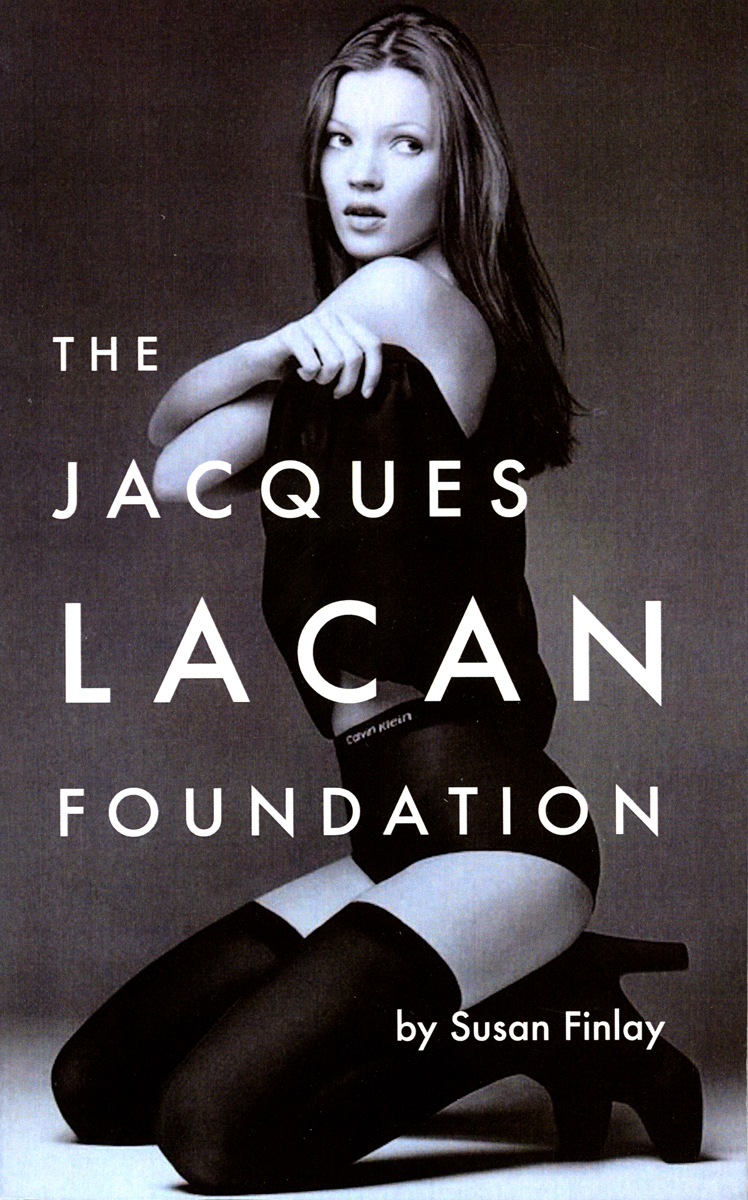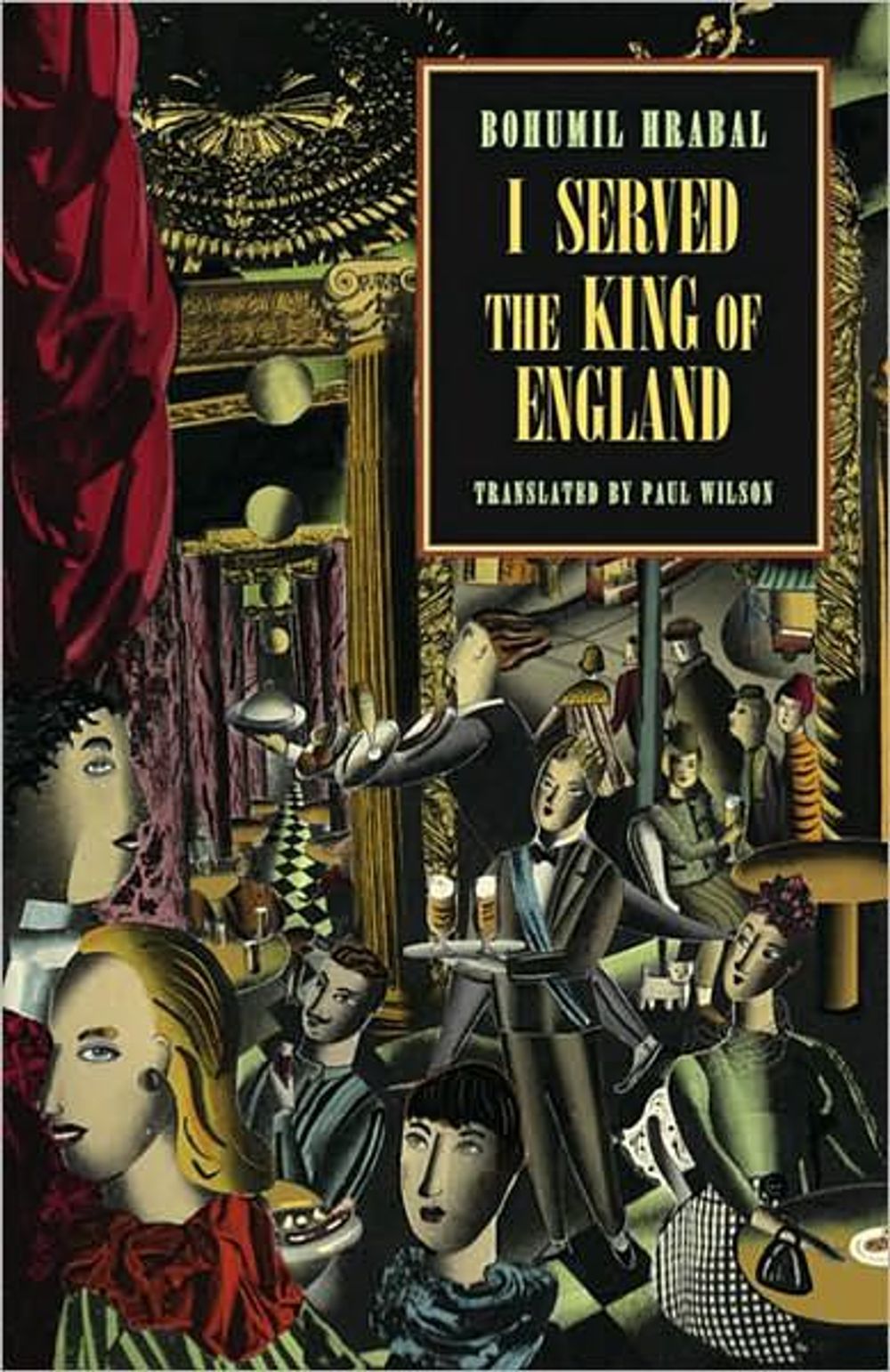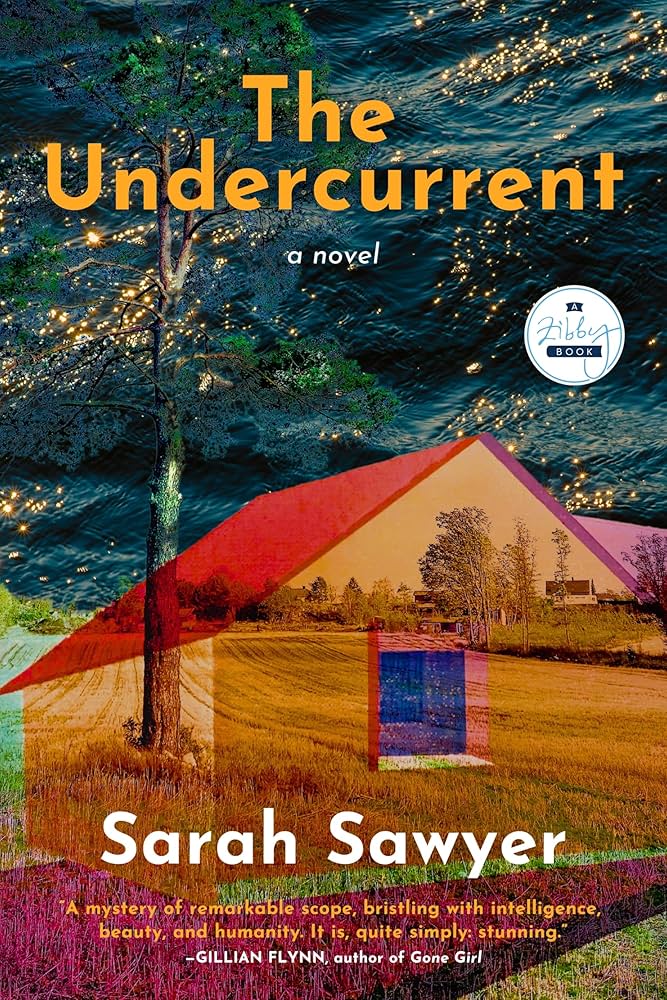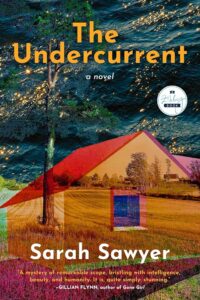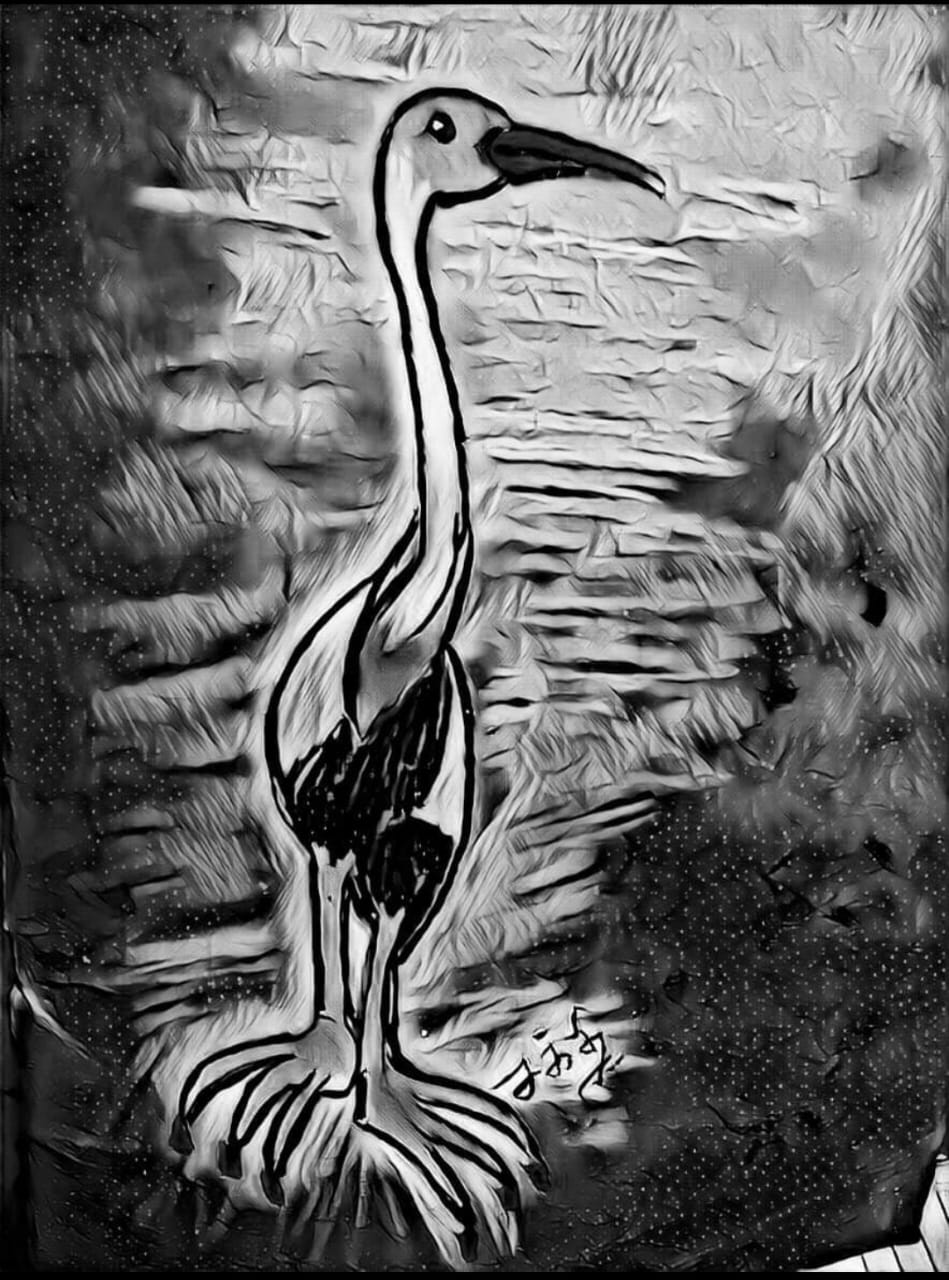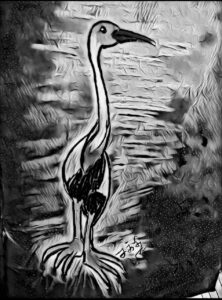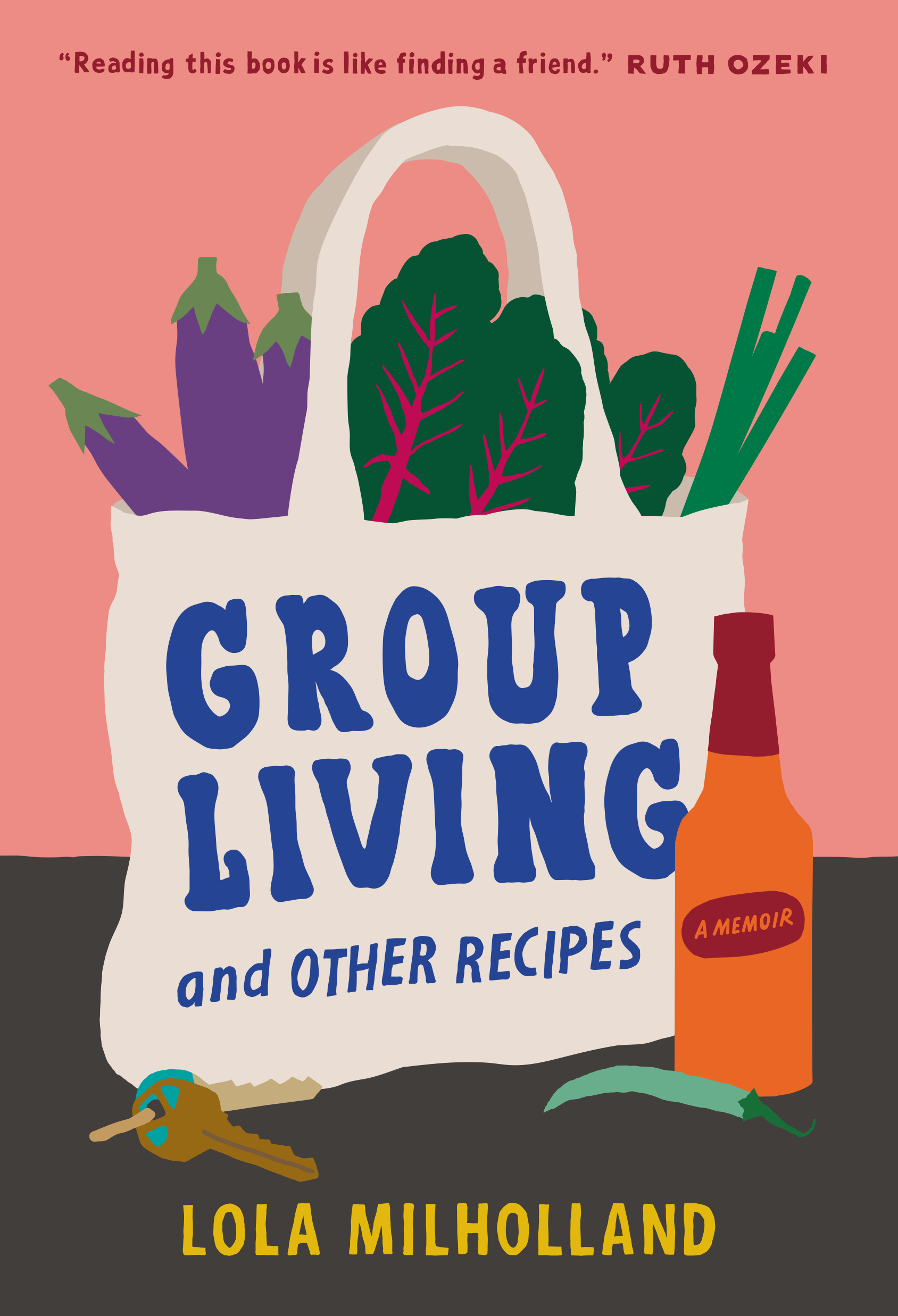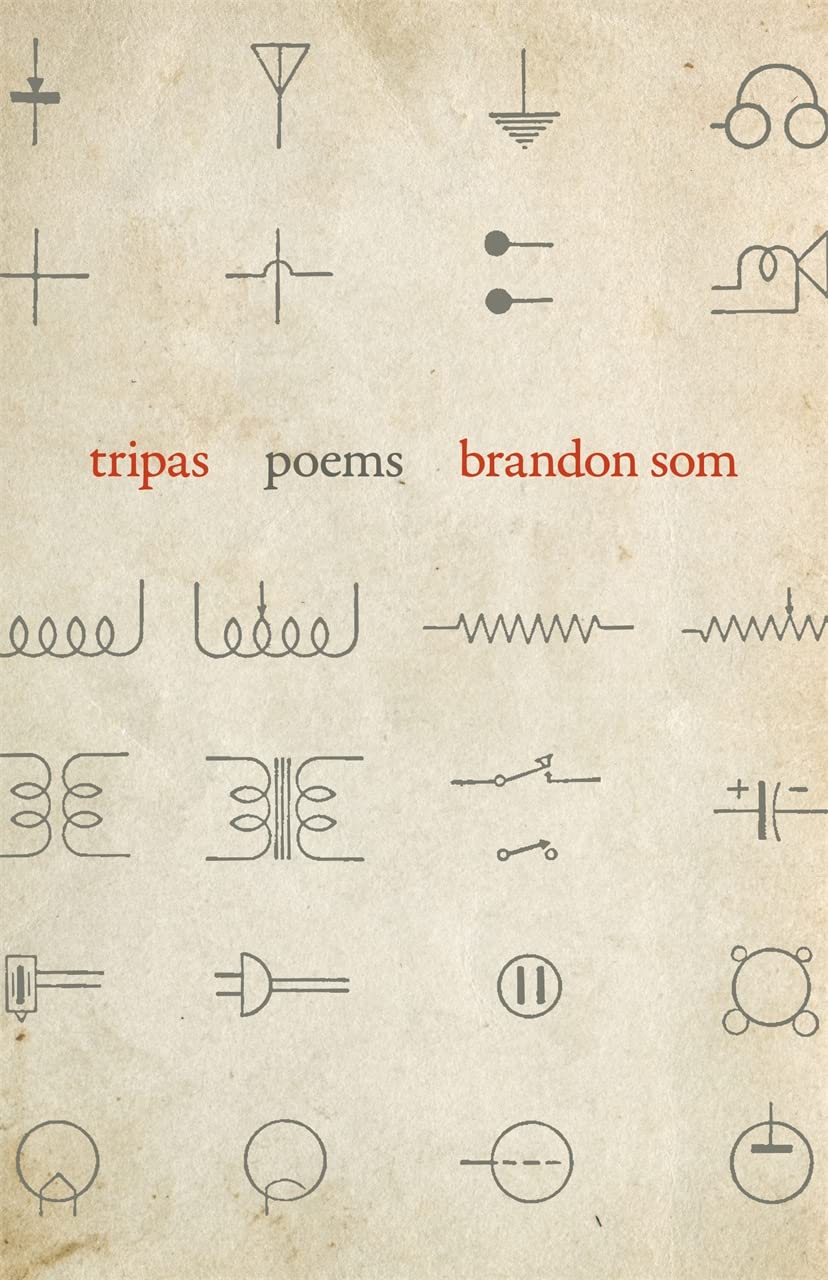By DAN HECK
It’s sometime in 2007. I’m almost 21. At night I stock bulk items in the backroom of a Target. Dante helped me get the job. My best friend since eighth grade: the human bully-repellent with rockstar swagger and long, luscious hair. Target’s pay sucks, and I hate work, but it’s something I can do with Dante.
Most nights, we unload the truck’s thousand or more items together. The two of us in a tight, hot, truck container, tearing down walls of packaged toys, clothes, food, and cleaning supplies. One time, the wall of goods is packed extra tight. It’s probably 120 degrees in the container and managers demand we keep the unload moving. I’m too precious with the cargo, so nothing moves and heat exhaustion creeps in. Eyesight blurs. Standing dizzies. I’m a couple sweats away from passing out. I get a cold Gatorade and a five-minute break, but only if I finish the unload. A manager threatens to steal both away.
